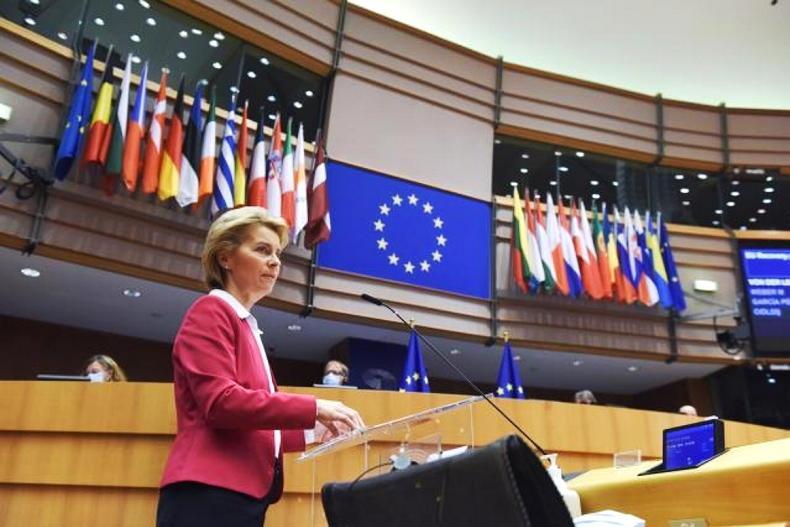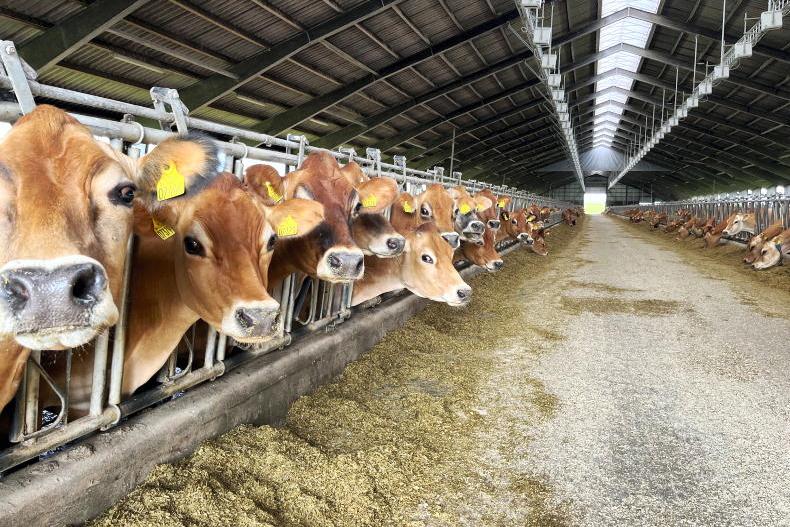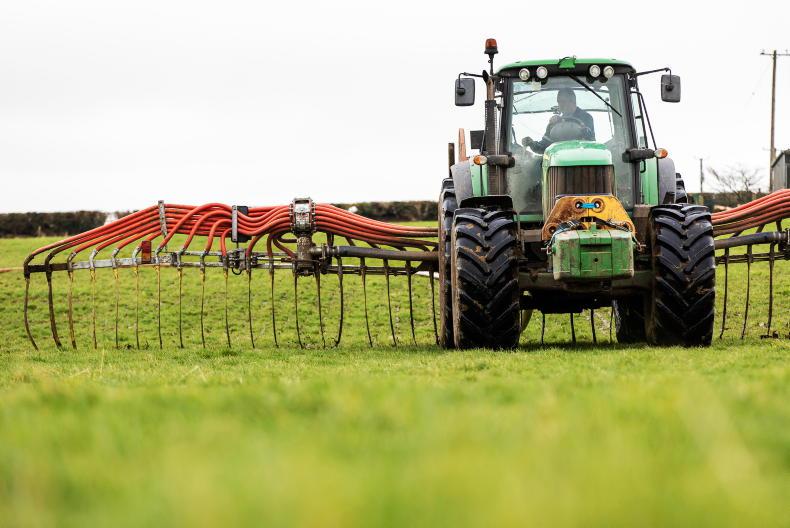While Brexit is going right to the wire, there was some clarity at last around arrangements on the island of Ireland for farming and food.
As British Prime Minister Boris Johnson prepared to meet with European Commission President Ursula von der Leyen on Wednesday evening, the prospects of a negotiated deal hinged on three outstanding issues, none of which primarily relate to either agriculture or the relationship between Ireland and the UK post-Brexit.
Farming
The crucial meeting for farming and the island of Ireland was held between Michael Gove and the European Commission Vice-President Maroš Šefcovic on Tuesday.
Agreement was reached there ‘on all issues in the UK-EU Withdrawal Agreement’.
This means that there won’t have to be an internal trade border on the island. Checks on animals and food will take place on entry to the island, north and south.
A grace period for Northern Ireland retailers importing from mainland UK suppliers will be in place for three months for some products, but chilled meats, for example, have a six-month grace period, with an option to renew, according to Gove.
Irish food exports to the UK, and to the EU that use an overland route through the UK
The deal will protect “unfettered access” for Northern Ireland businesses to the GB market, Gove added.
Irish food exports to the UK, and to the EU that use an overland route through the UK, will require veterinary certification and customs paperwork similar to that currently needed for third countries.
This paperwork is currently needed for about 10% of Irish beef exports; that will rise to over half.
No deal
If a deal cannot be agreed, we are three weeks away from the mandatory and unavoidable imposition of €1.5bn WTO tariffs on food and drink moving between the Republic of Ireland and the UK. This will hit meat and cheddar in particular. It’s going right to the wire.










SHARING OPTIONS